Samoa Air's Pay-by the Pound Fares: Big is Beautiful Faces Heavy Penalty [PICTURE THIS]
World Health Organisation says 57 percent of Samoans are obese
Many Samoans might be angered by their local airline's decision to start charging customers according to how much they weigh.
The Pacific island state, comprising the two main islands of Savaii and Upolu, is home to a large overweight population, according to World Health Organisation (WHO) statistics.
"The greatest health threat to Samoa is the ongoing increase in non-communicable diseases brought on by obesity, inactivity and diets rich in fat, salt and sugar," reads the WHO country profile.
The WHO defines as overweight a person whose body mass index (BMI), a calculation based on a person's height and weight, is higher than 25. An obese person is someone with a BMI of more than 30.
According to a WHO 2011 survey, 57 percent of the Samoan population (48.4 per cent male and 67.4 per cent females) is obese.
The percentage grows with age and is higher in urban areas, such as the capital Apia, where Samoa Air has its headquarters.
Obesity is a worrying issue in the Pacific islands where islanders have replaced much of their traditional healthy diets with imported, processed food, the WHO said.
"In at least 10 Pacific island countries, more than 50 percent (and in some, up to 90 percent) of the population is overweight," a WHO 2010 report read.
The plus side is Samoans' skills in sports requring weight and size. Rugby is the national sport and the national team competes regularly at high international levels despite the small population size - the country has about 195,000 inhabitants.
Some Samoans have also excelled in wrestling and sumo. Konishiki Yasokichi was famously the first non-Japanese wrestler to reach the ōzeki, the second highest level in the sport.
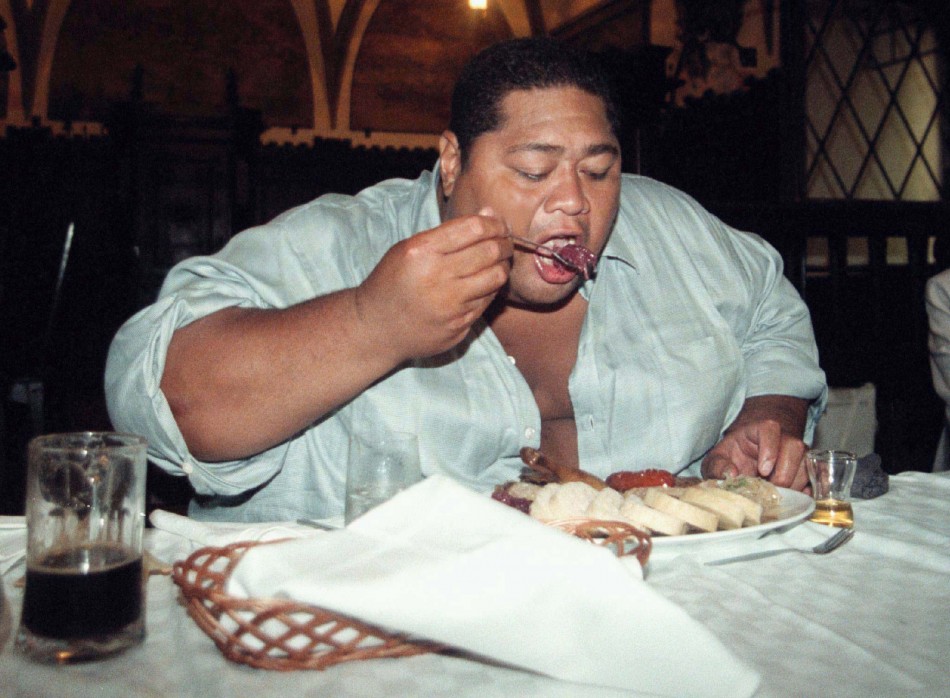
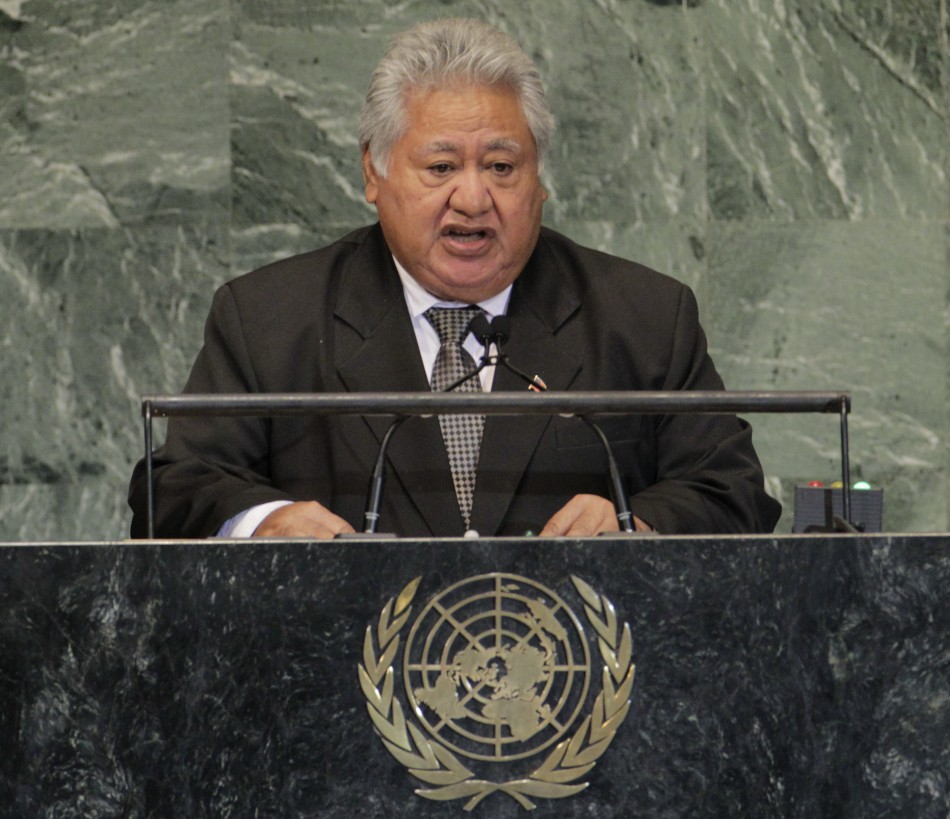
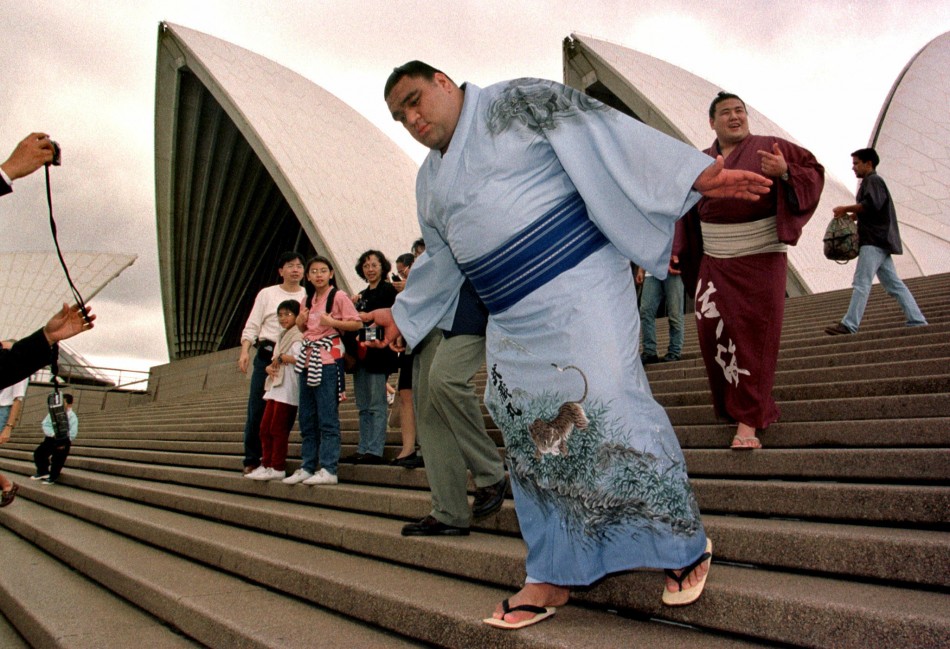
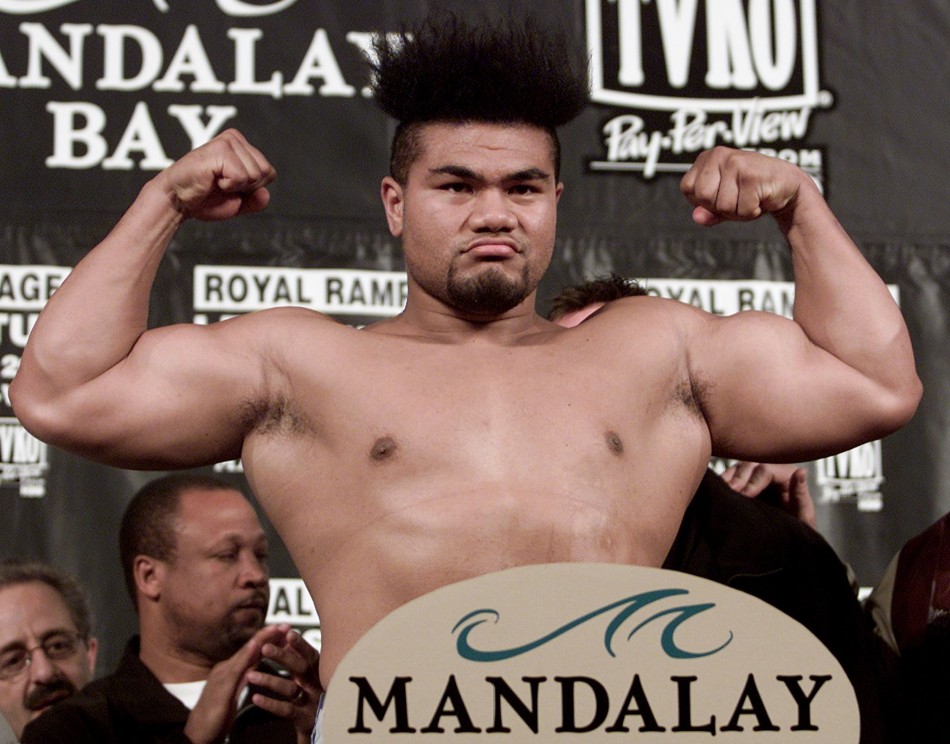
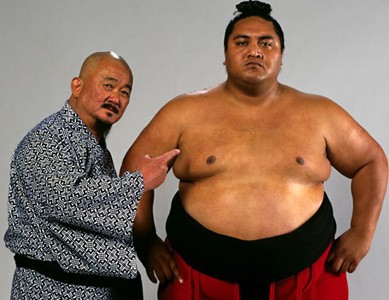
© Copyright IBTimes 2025. All rights reserved.






















